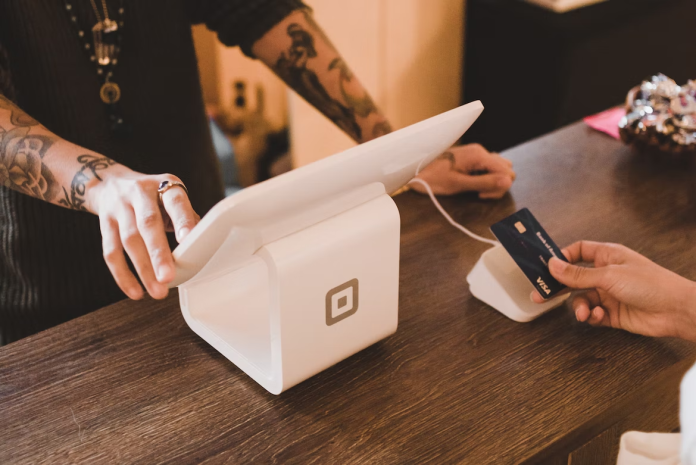The future of money transfers has been rapidly evolving over the last few years; it is now possible for two parties to transact without necessarily seeing each other. Innovations, including flexible chosen payment systems and methods and enhanced protection and security measures, have simplified and opened payment systems. We have discovered how these innovations are changing the structure across sectors and what this means for users.
A Wide Variety of Payments Tools
The days when one could transact only through credit or debit cards are now gone forever. Today, consumers can choose from a wide range of payment options, including:
Digital Wallets: Features like PayPal, Apple Pay, and Google Pay offer advantages as they are convenient, secure, and quick ways to check out.
Bank Transfers: With direct connections to online banking, account-to-account settlements occur in real-time.
Cryptocurrency Payments: Several cryptocurrencies, such as Bitcoin and Ethereum, are emerging as credible alternative payment options, especially among millennials.
Buy Now, Pay Later (BNPL): Facilities like Afterpay and Klarna are changing the landscape of e-businesses by allowing a payment culture of ‘buy and pay later.’
This has the benefit of allowing consumers to employ convenient and safe techniques while enabling businesses to serve many clients.
Quicker and Safer Purchases
An increase in trade has also been complimented by progress in payment technologies, which has led to short processing times. Blockchain and modern financial technologies produce the possibility of real-time payment systems that provide for inexperienced transactions but, at the same time, are highly secure. Technologies of encryption and fraud detection continue to add a layer of safety, making users feel safe when undertaking their transactions.
How You Can Send Money Abroad
Internet payments have made cross-border transactions easier than ever. Businesses and consumers can now do business across borders through online trading platforms that deal with money exchange and follow international-standard financial policies. Applications like Wise and Payoneer have democratized cross-border transactions, making them cheap and easier and thereby facilitating cross-border trade.
Payments on the Go
Mobile payments and digital currencies have emerged as a revolution, considering the possibilities of consumers performing a payment with one tap on their phone. With the use of QR code payment in stores and the usage of mobile wallets in e-commerce, convenience has increased, such that a cashless society is becoming a reality.
iGaming Payment Solutions: Player Transaction Efficiency
Especially in the iGaming segment, a smooth integration of the chosen iGaming payment solutions is therefore indispensable. Leading gambling platforms now integrate with advanced payment gateways that support a wide variety of methods, including:
Local Currencies and Methods: Local trends like UPI in the Indian region or e-wallet trends in the European region.
Cryptocurrencies: Especially for those clients who value anonymity and want to conduct transactions without delay.
Real-Time Withdrawals: Quick and secure payments that help players trust online gambling more.
Additionally, iGaming platforms are extremely secure, which means that all players can deposit and withdraw without any worries.
The Role of AI and Automation
Machine learning and robotics, especially in online payments, are now at their peak. Self-learning fraud detection systems dissect transaction flows to minimize fraud occurrences. Recurring payments, refunds, and even invoicing become much easier and less taxing for businesses since some of the workload is handled by automation.
The Future of Online Payments
The World Wide Web and the continued development of the Internet show signs of a promising future for online payments. Biometric authentication (Face/Touch ID), decentralized finance (DeFi), and open banking will revolutionize how we transact online. All of these advancements shall go a long way in improving the convenience, security, and accessibility of services to their intended users.
With a new reform, payment processing has gone a notch higher to be faster, more secure, and more diverse. It covers everything from buying products online to playing games and many more and is shifting the ways through which people use technology. The firms that embrace current payment solutions create more customer satisfaction and advance and compete effectively as innovative organizations in the particular line.



 Bitcoin
Bitcoin  Ethereum
Ethereum  Tether
Tether  XRP
XRP  USDC
USDC  TRON
TRON  Lido Staked Ether
Lido Staked Ether  Cardano
Cardano  Avalanche
Avalanche  Toncoin
Toncoin  Wrapped SOL
Wrapped SOL